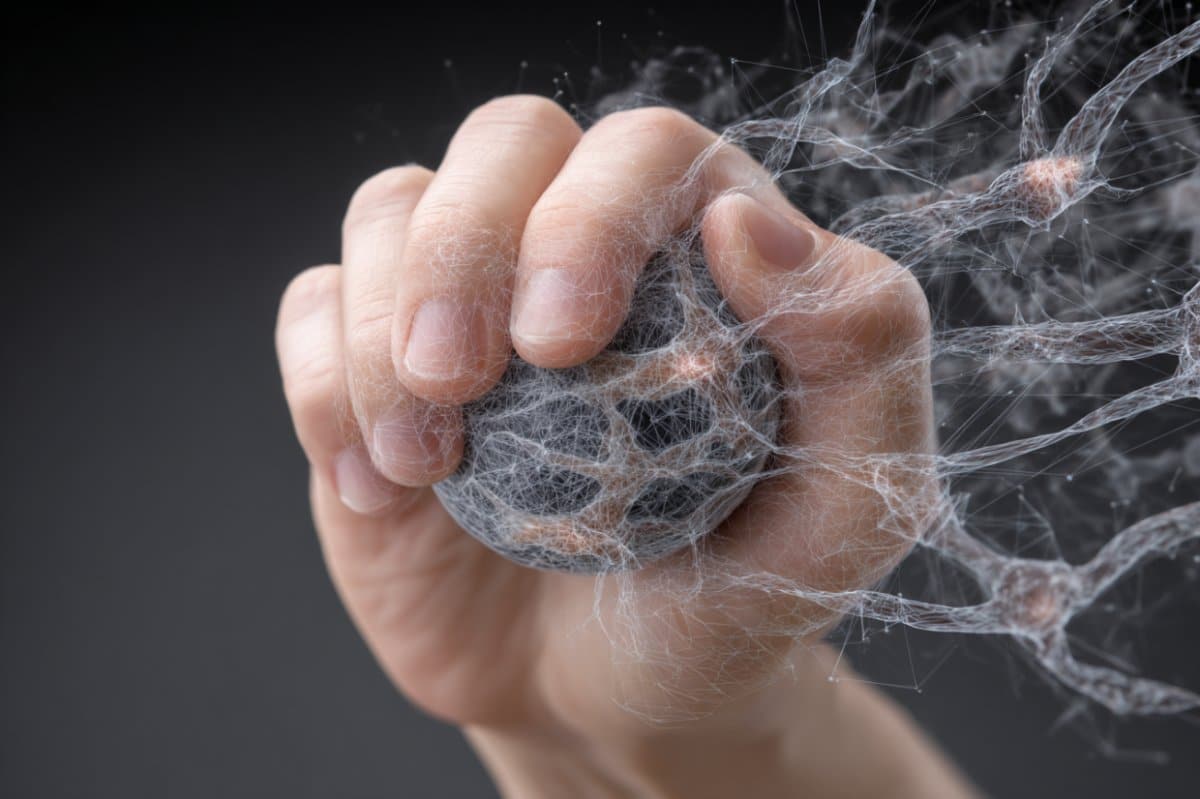
Unlocking Early Psychosis Secrets: How Grip Strength Links to Brain Connectivity and Well-being
A recent study has uncovered a significant correlation between grip strength, brain connectivity, and overall well-being in young adults experiencing early psychosis. The research, which employed neuroimaging techniques to investigate the neural basis of psychomotor disturbances, suggests that grip strength may serve as a valuable indicator of brain health and psychological well-being.
The Connection Between Grip Strength and Brain Health
The study, published in the American Journal of Psychiatry, found that individuals with early psychosis exhibited lower grip strength and well-being scores compared to healthy controls. Moreover, the research revealed that grip strength was associated with connectivity in key brain regions, including the anterior cingulate cortex, sensorimotor cortex, and cerebellum, all of which are linked to the default mode network (DMN).
Understanding the Default Mode Network
The DMN is a critical network involved in various cognitive and emotional processes. Disruptions in DMN connectivity have been implicated in a range of psychiatric disorders, including psychosis. The study’s findings suggest that grip strength may be a useful marker of DMN connectivity, which in turn could be an important indicator of overall brain health and well-being.
Implications for Diagnosis and Treatment
The discovery that grip strength is linked to brain connectivity and well-being in early psychosis has significant implications for diagnosis and treatment. By using grip strength as a simple, non-invasive measure, clinicians may be able to identify individuals at risk of developing more severe psychotic symptoms. Furthermore, interventions such as transcranial magnetic stimulation (TMS) or motor training could potentially be used to improve brain function and overall well-being in individuals with psychosis.
A New Perspective on Motor Function and Brain Health
The study’s innovative approach prioritizes motor function as a window into brain health, highlighting the complex interplay between motor and cognitive processes. By exploring the relationship between grip strength and brain connectivity, the research provides new insights into the underlying neurobiological mechanisms of psychomotor disturbances in psychiatric disorders.
Key Takeaways
- A new study has found a significant correlation between grip strength, brain connectivity, and well-being in young adults with early psychosis.
- Individuals with early psychosis had lower grip strength and well-being scores compared to healthy controls.
- Grip strength was associated with connectivity in key brain regions linked to the default mode network.
- The findings suggest that grip strength may be a useful marker of brain health and psychological well-being.
- Interventions such as TMS or motor training could potentially be used to improve brain function and overall well-being in individuals with psychosis.






.png?width=1200&height=630&fit=crop&enable=upscale&auto=webp)
